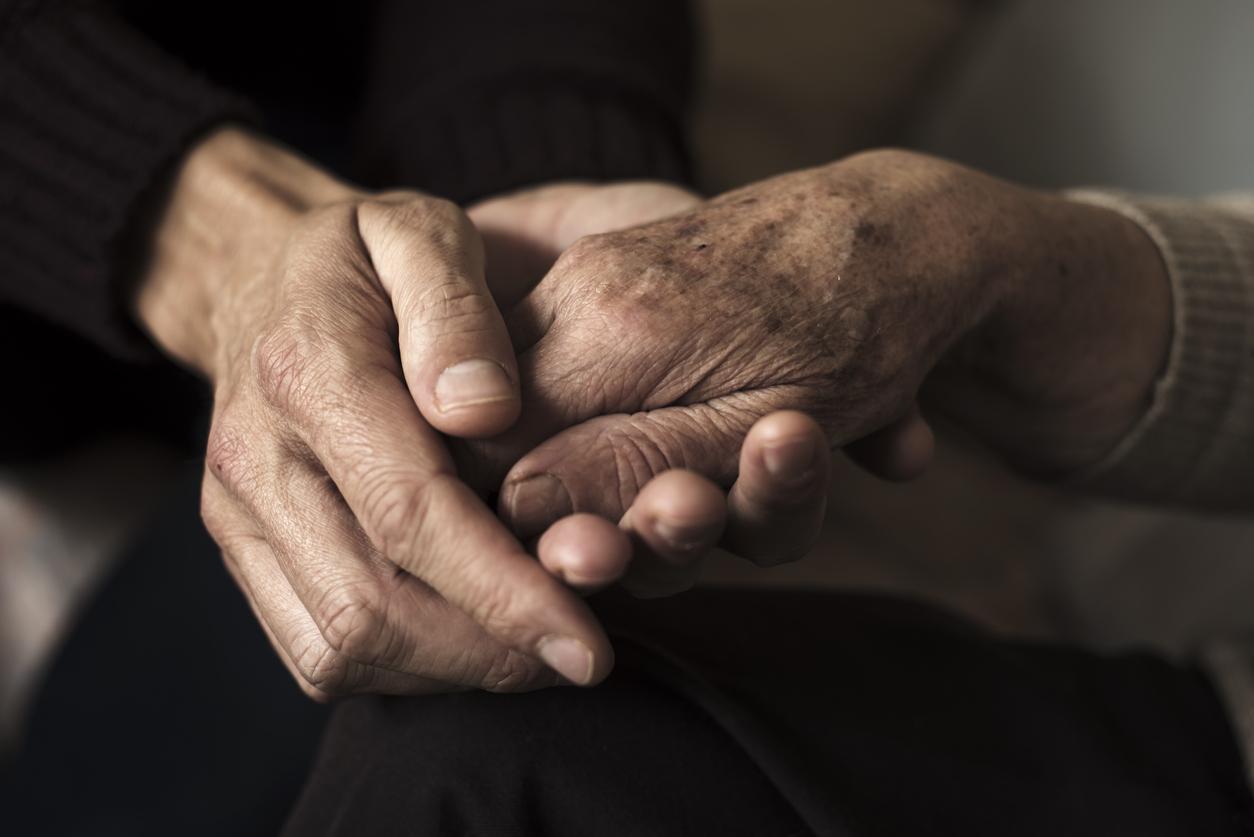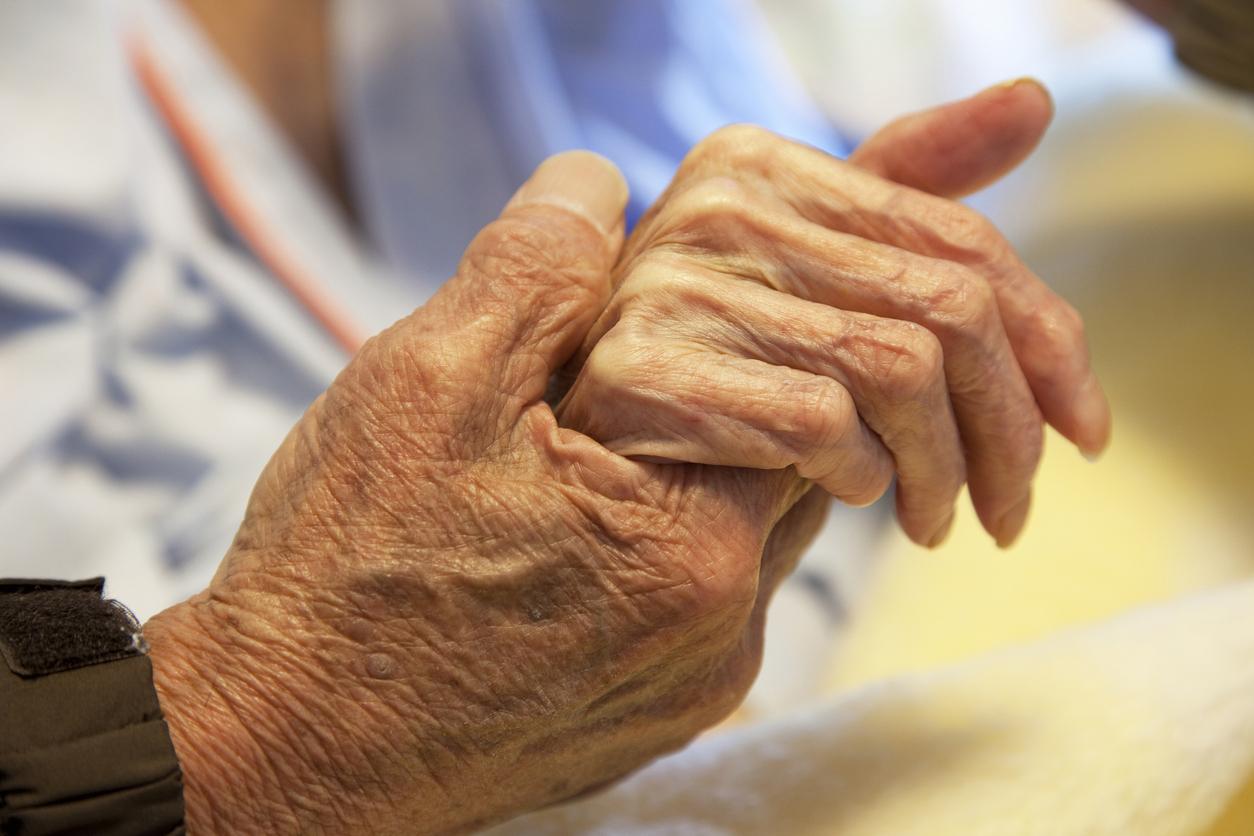After the suspicious death of 3 patients treated for lymphoma at the Nantes University Hospital, the Ministry of Health recommends the suspension of the protocol used for these patients.

More than a month after the serious complications that occurred in 4 patients treated for lymphoma at the Nantes University Hospital (Loire-Atlantique), and which caused the death of 3 of them (between 10 and 13 November), the he accident remains unexplained. “No one understands or knows why these patients died. The Igas report did not show any anomalies in terms of the prescription, indication, composition or administration of the drug ”, emphasizes to Why actor Pr Hervé Tilly, hematologist at the Henri Becquerel Cancer Center in Rouen (Normandy).
No other case has been identified since mid-November. Investigations are still ongoing to understand how 3 patients may have died in the same week in the same department. The judicial investigation is also continuing. An “exceptional” situation which led the group of experts from the National Cancer Institute (Inca), of which Professor Tilly is a member, and the National Medicines Agency (ANSM) to recommend the suspension of the BEAC protocol. The one used for Nantes patients.
However, this intensive cyclophosphamide-based chemotherapy has been prescribed for more than 20 years in France and throughout the world. “We know that at these doses, cyclophosphamide can have toxicity for the heart, but for all that, what happened at the Nantes University Hospital is totally astonishing. Therefore, we preferred to recommend stopping this protocol, as a precaution, ”explains the specialist.
Melphalan available again
Recommendations followed by the Minister of Health, Marisol Touraine, due to a better supply of melphalan. This reference treatment had been experiencing supply difficulties for several months, and was reserved for patients suffering from myeloma (a cancer of the bone marrow).
A single laboratory in Europe produces this molecule for all European countries and certain countries of the world. New difficulties could be feared. The Inca group of experts should therefore meet again in the coming weeks to “determine what to do if supply tensions arise”, explains Professor Tilly.
Thus, all patients with lymphoma treated by the BEAC protocol should receive its alternative, the BEAM protocol, as long as the investigations do not make it possible to explain the cause of death at the Nantes University Hospital.
.















